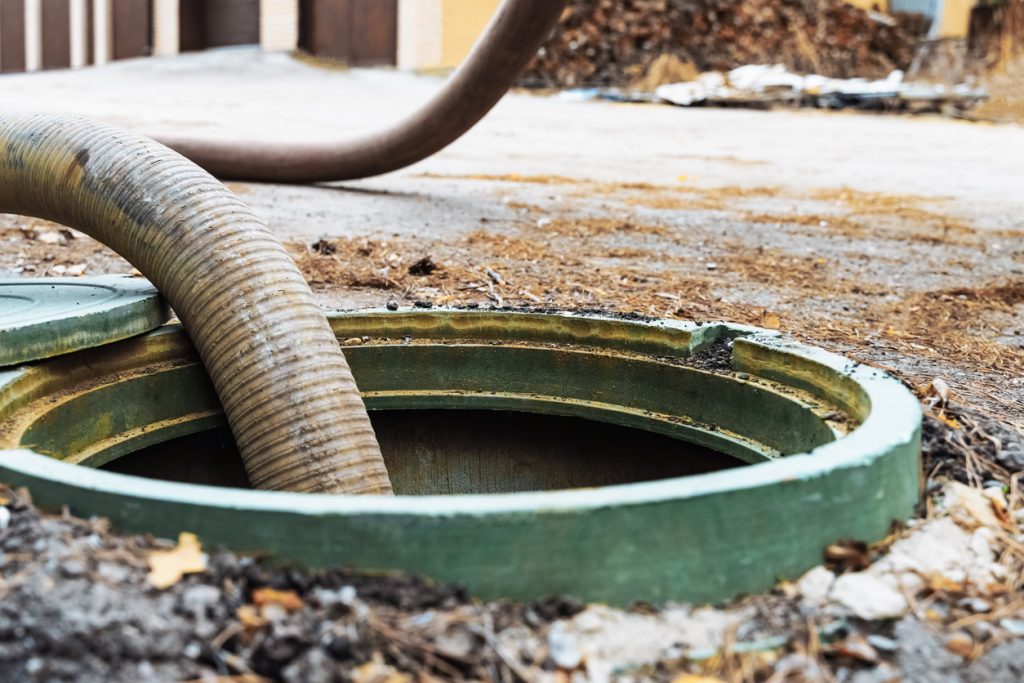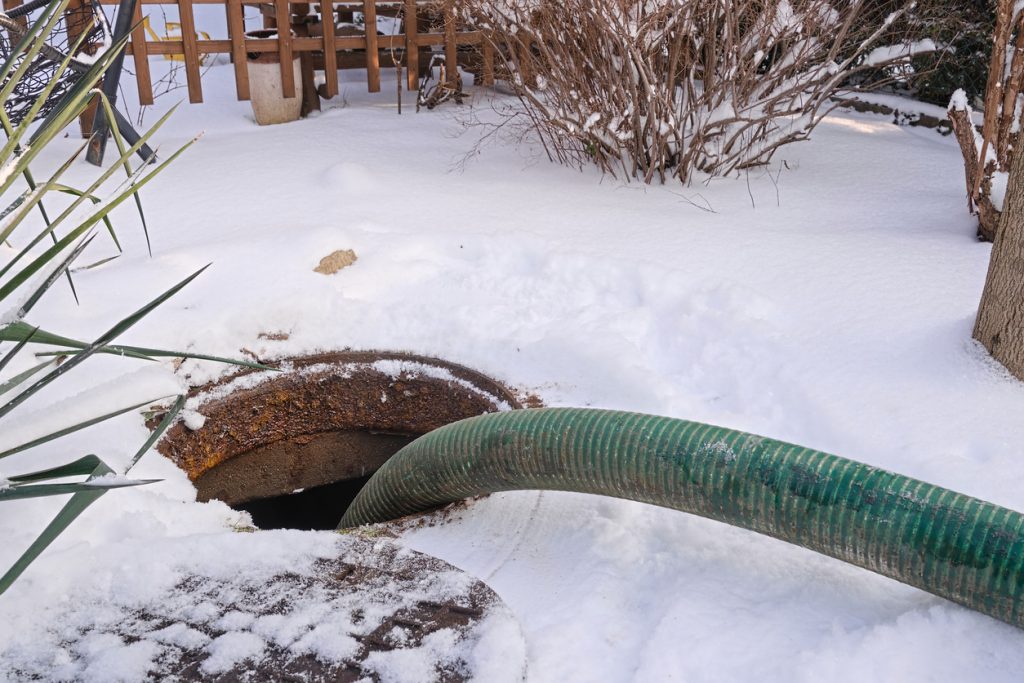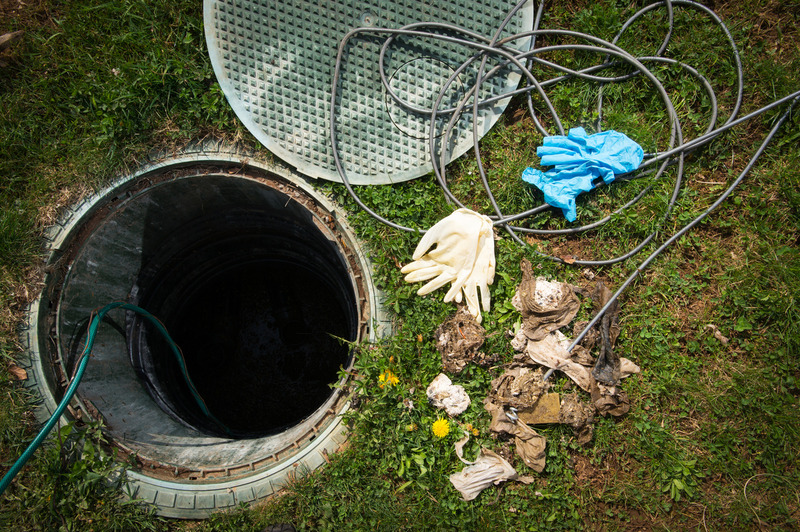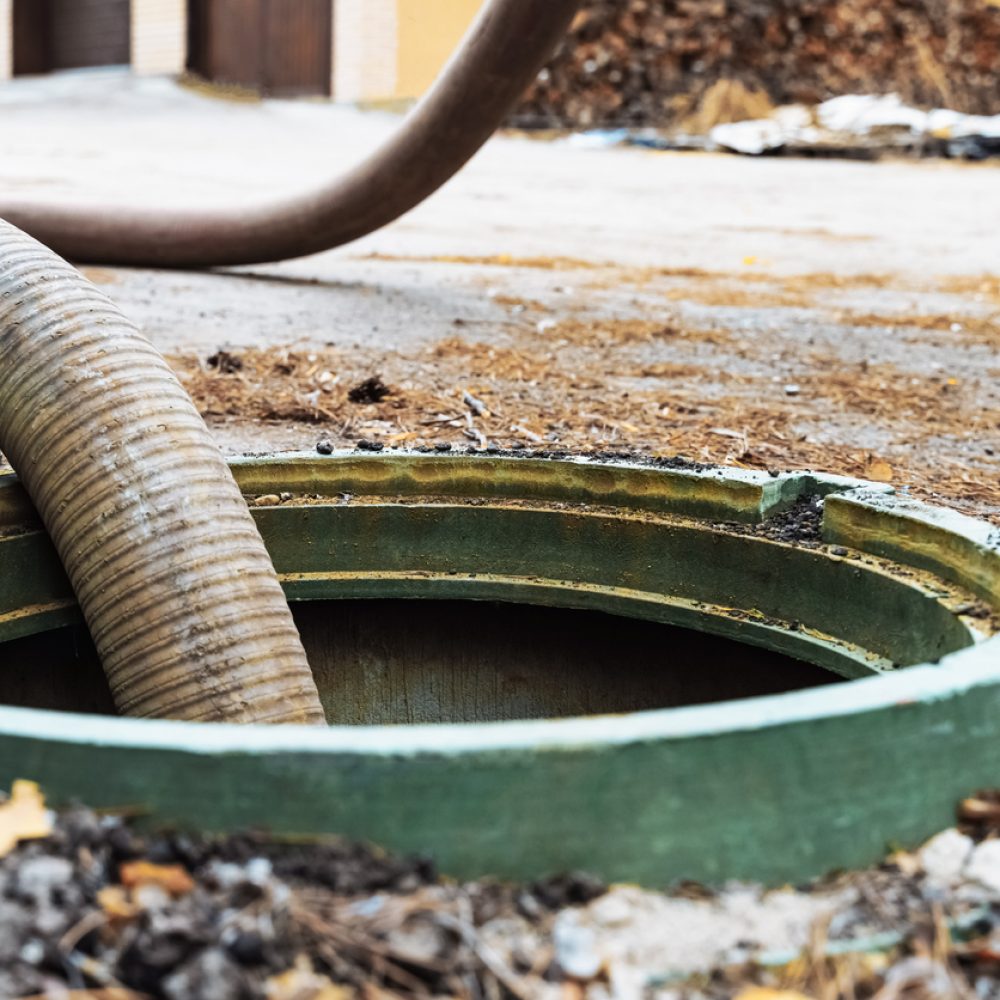How Does The Weather Affect Your Septic System?
Your septic tank plays a vital role in ensuring potentially harmful wastewater is disposed of without damaging the environment or the health of those living in the area.
To ensure its continued effective operation, it’s important that you are able to recognise the signs that your septic tank is full and that you make sure that it is maintained regularly.
However, your septic tank can also be negatively impacted by extreme weather. In this article, we’re going to explore the possible effects of heavy rain, extreme cold and extreme heat on a septic tank together with preventative measures you can take.

Why is my septic tank not working after heavy rain?
Heavy rain – of the type we are seeing more and more frequently these days – can lead to the ground becoming saturated. If this happens where your septic tank should be releasing its treated wastewater, then it may prevent it from soaking away. This may then lead to your septic tank overflowing and creating pools of untreated wastewater or even backing waste up into your property.
There have even been reports of excess rain leading to sewage treatment plants being forced out of the ground by hydrostatic pressure.
We explored whether the UK is experiencing more heavy rain and flooding in an earlier blog.
Septic tanks in cold weather

Your septic tank may be buried underground, but that doesn’t mean that it won’t be affected by periods of extreme cold. For instance, the bacteria that treat your waste as it makes its way through your tank don’t work as well in low temperatures and can even stop working altogether if that cold weather is prolonged. That could lead to a buildup of sludge. Meanwhile, as with any plumbing system involving water passing through pipes, there is always the risk of that water freezing and causing a blockage.
In both cases, the end result would be the same, in that your tank may not be able to process further waste, leading to the same kinds of problems that you’d get if it were full. Read more about signs that your septic tank is full in our previous article.
Septic tanks in hot weather

Prolonged hot and dry weather can lead to a drainage field becoming parched and unable to effectively soak up the wastewater discharged into it. This condition also reduces microbial activity, so that the water released doesn’t get treated. On the other hand, excessive heat in the tank itself can speed up the bacteria, which could increase the amount of gas being produced and cause the tank to overflow.
Excessively hot weather can also produce stronger smells from any untreated wastewater lying around, which would make the environment extremely unpleasant for everyone.
Preventative measures for year-round septic performance
There’s not much you can do about the weather itself, but you can make sure your septic tank is as ready as it can be to deal with its extremes. Most importantly, you can make sure that your tank is regularly serviced and emptied, as that will leave it better able to deal with excessively wet, cold or hot conditions.

Here at Need a Tanker, we provide comprehensive septic tank emptying and servicing services throughout the UK. Our experienced engineers can keep your tank in optimum condition and respond quickly in an emergency.
Get in touch now to find out more or to book your next septic tank cleaning or maintenance visit.
